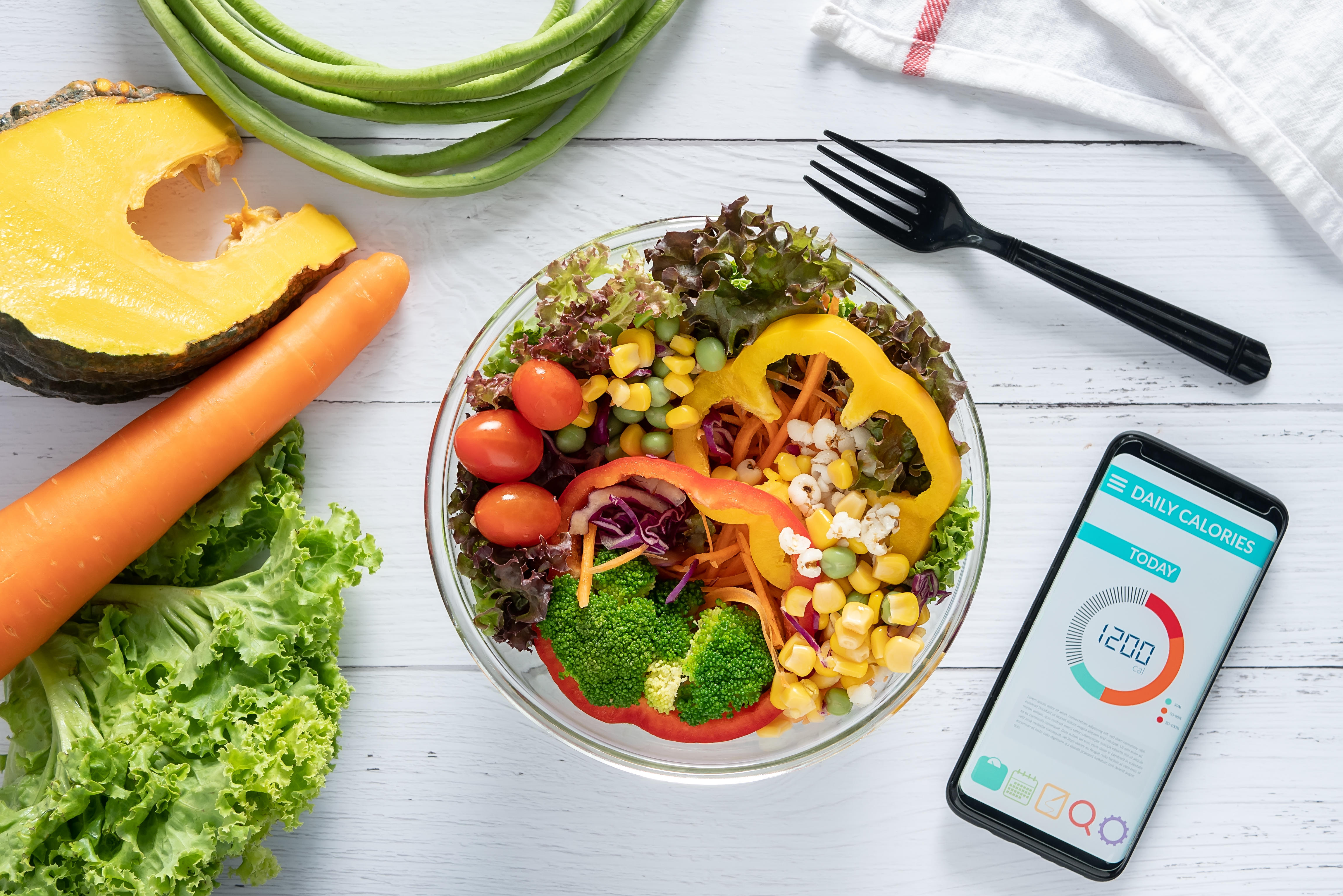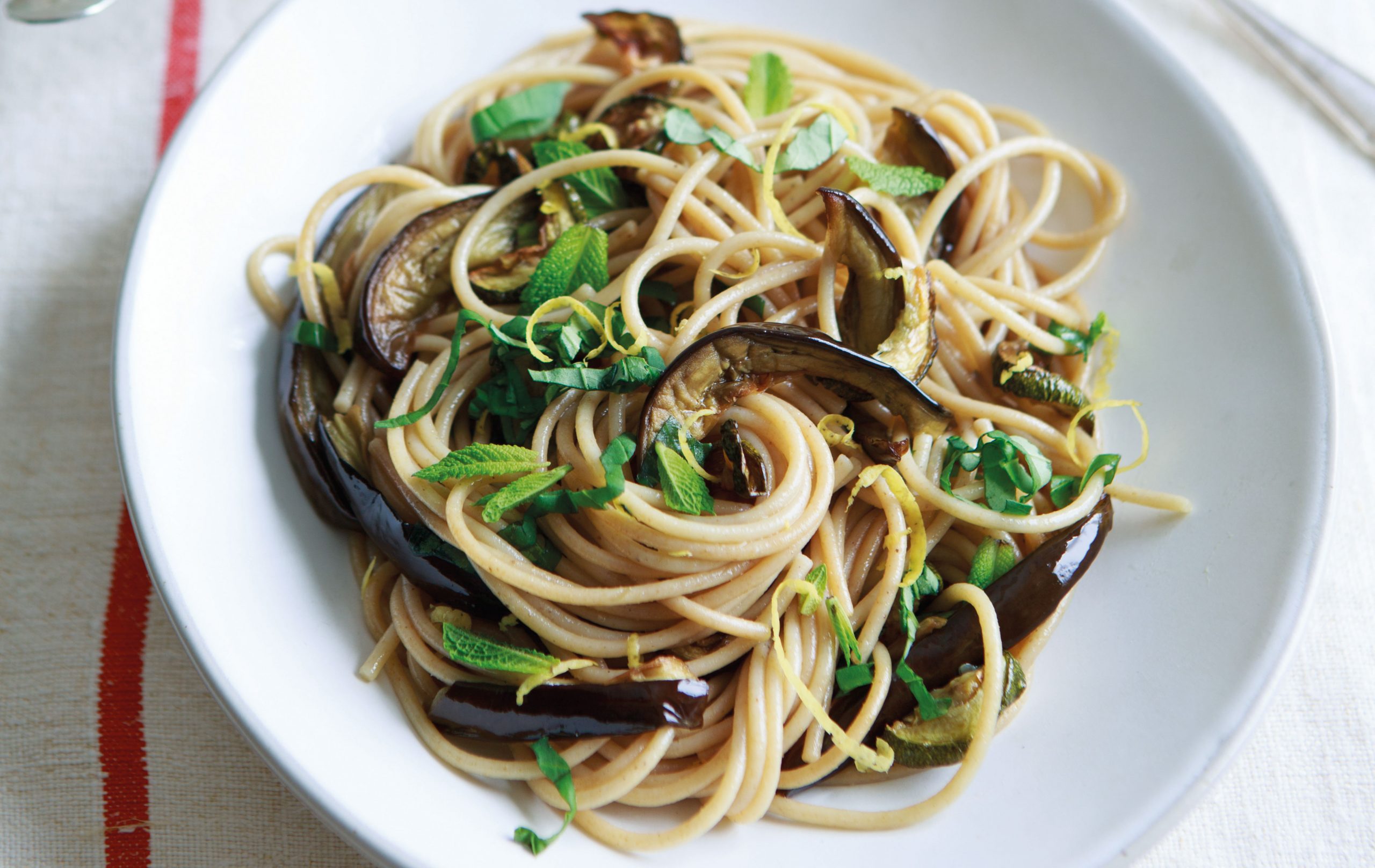What is the 1,000 calorie meal diet?
Find out how you can make the diet work for you


Parenting advice, hot topics, best buys and family finance tips delivered straight to your inbox.
You are now subscribed
Your newsletter sign-up was successful
For those looking to shed some weight in the short-term, the 1,000 calorie meal diet can be a popular option.
The 1,000 calorie meal diet is a short-term, slightly extreme diet plan that requires you to slash the calories you’re eating and opt for high-protein, low-fat and low calorie foods to keep you full throughout the day - similar to the Fast 800 diet. While it’s by no means the most drastic way to lose weight, as sometimes it’s an option recommended by doctors for health reasons, it’s a diet plan that shouldn’t be taken lightly as you’re eating well below the recommended calorie threshold for adults.
Lee Chambers is a Environmental Psychologist and Performance Nutritionist. He explains, "The 1000 calorie diet plan is yet another trend which is anything but new. It is an effective rebranding of very low calorie diets, which are often used medically in situations where the benefits outweigh the risks. In terms of effectiveness, due to the large calorie restriction there will be a net weight loss. When looking from an overall health perspective, it is challenging to consume a nutritionally complete diet with such severe restriction on overall calorific consumption."
What is the 1,000 calorie meal diet?
As the name suggests, the 1,000 calorie meal diet is low calorie diet option for those looking to lose substantial amounts of weight fairly quickly. It's a diet based on counting calories.
To stay healthy, an average man should be aiming for 2,500 calories a day and a woman should aim for 2,000 calories a day. This, therefore, is well below the recommended amount of calories you should be eating.

Low calorie diets such as these ones are suitable, according to the NHS, for those who have a BMI of 30 or 40, are obese and need to quickly lose weight to manage conditions like diabetes, or if they are about to have surgery or fertility treatments.
As Aisling Moran, Nutritional Scientist at Thriva.co says, "A very low-calorie diet might be useful in the treatment of type 2 diabetes. This approach involves mainly a liquid diet of about 800 kcal a day for about 3 months, followed by a less restrictive diet. Very importantly, this is all done under the guidance of a dietitian."
Parenting advice, hot topics, best buys and family finance tips delivered straight to your inbox.
However, many people opt for diets like these to lose weight in the short term for other reasons. Whatever the reason is for taking on a low calorie diet, you should always make sure that your food is nutritionally complete and that the plan is only undertaken for a maximum of 12 weeks.
What can you eat on the 1,000 calorie meal diet? Examples
Breakfast:
- Strawberry and rhubarb breakfast bars (388 calories)
- Scrambled eggs and mushrooms (91 calories)
- Blueberry Bircher muesli (105 calories)
- Alpen No Added Sugar cereal (199 calories)
- Kiwi, Greek yogurt and blueberries (95 calories)
Lunch:
- Quorn lunch bowl (161 calories)
- Green miso noodle bowl (198 calories)
- Mediterranean vegetable chilli (190 calories)
- Spring vegetable soup (130 calories)
- Chicken pittas (176 calories)
Dinner:
- Wholewheat spaghetti with roasted vegetables (400 calories)
- Wild mushroom risotto (317 calories)
- One-pot tuna puttanesca (429 calories)
- Roast lamb with potatoes and rosemary (381 calories)
- Cheese and tomato bake (481 calories)

Snack:
- Banana smoothie (165 calories)
- Red pepper hummus (128 calories per portion) with 4 x cracked black pepper Ryvita crackers (136 calories)
- Baked chickpeas (71 calories)
- Homemade cheese straws (40 calories each)
- Quick pizza (218 calories)
The 1,000 calorie meal diet isn’t the most restrictive one out there because it’s all based around calorie counting and opting for low calorie meals to lose weight.
One of the good things about the 1,000-calorie diet plan is that you can pick and choose when and how much you want to eat, so long as you stick to the 1,000 calorie maximum.
How to maintain a low calorie diet
Performance Nutritionist at Maximuscle, Gareth Nicholas says, "Only you can decide how many total calories you’ll need each day, so a fixed 1,000 calorie diet could work for some individuals but it's very likely that this one-size fits all approach will not work for the majority of people."
He goes on to explain: "To lose weight, you need to be in a calorie deficit. The amount of calories you need to cut back on varies from person to person and involves your height, weight and activity levels which determine your metabolic rate." This is why the 1,000 calorie diet may not work in the same way for everyone.
Top tips to maintain a low calorie diet:
- Hydration - Water is calorie free, keeps you hydrated and is basically all you need to drink. If you’re one of those people who claims they don’t enjoy the taste, just keep drinking it and you’ll quickly grow used to it.
- Sugars - One of the best ways to reduce calorie intake is to opt for low GI (Glycemic index) foods. Loosely, GI relates to a food’s sugar content and how fast it releases glucose in the body. If you haven’t worked out and eat high GI foods, they are stored as fat. With that in mind, you should cut out sugary, high GI food such as white rice, white bread and pasta and replace them with low GI carbs such as brown basmati rice, wholegrains and fruit such as apples and berries.
- Fats - There are good and bad fats, but in a low calorie diet you will want to try and taper down all kinds, since fats are an inefficient energy source compared to carbs and are responsible for the physical appearance of body fat. With that in mind, aim for 20% or less of your calorie intake from good fats.
- Cardio - When you’re eating at a calorie deficit, you’ll lose body fat. Doing more cardiovascular exercise will increase the rate at which you burn calories, so you’ll be able to drop body fat faster if you stick to your deficit whilst training hard. This also means that if you add heavy cardio in, you will have low energy levels on a 1000 calorie diet.

Is the 1,000 calorie meal diet effective for losing weight?
Our experts agree that in the short-term the 1,000 calorie meal diet would be effective but it's not a long-term solution.
As Aisling Moran says, "Very low calorie diets can lead to significant weight loss, but once you stop this diet, some weight tends to be regained.
"Part of this is due to bingeing once you don't have any restrictions on food. But it can also lower your metabolic rate - the number of calories your body needs to function. Plus, it can also affect your hormones, gut, heart, and immune system. As diets go, this is extreme."
Is the 1,000 calorie diet sustainable?
As Aisling said, the diet might be successful in the short term but it's unlikely that the results will continue and the weight is likely to return after the diet stops.
"At such a level of calorific restriction, sustainability is nigh impossible." Lee Chambers confirms, "These types of diets are difficult to follow and often come with unpleasant side effects. They are not a realistic long term method to manage our weight in a healthy way. Health bodies themselves advise they should not be a first option and should not be routinely used."
Should you exercise on the diet?
As with other diets, it’s suggested that a healthy combination of exercise and calorie deficit eating will be the most successful way to lose weight.
However, with the 1000-calorie diet plan it’s important to remember that on average, you’re consuming half of the calories that you normally would. The side effects of doing so include headaches, feeling dizzy, low energy and tiredness, so a low-energy workout like walking would probably be best.
Lee says, "Consuming [calories] at such a low level will leave us actively trying to conserve energy, making us less likely to move and exercise to become challenging and possibly dangerous. There is also the reality that at this level, we are unlikely to be consuming enough protein to protect ourselves from muscle loss."
Related features:
- 16:8 diet plan
- 5:2 diet meal plans
- 7 day detox plan
- Lose 2 stone in 8 weeks diet plan
- Sugar-free diet plan
- How to lose a pound a day
- The 8 Hour Diet
Video of the Week

Grace Walsh is a health and wellbeing writer, working across the subjects of family, relationships, and LGBT topics, as well as sleep and mental health. A digital journalist with over six years experience as a writer and editor for UK publications, Grace is currently Health Editor for womanandhome.com and has also worked with Cosmopolitan, Red, The i Paper, GoodtoKnow, and more. After graduating from the University of Warwick, she started her career writing about the complexities of sex and relationships, before combining personal hobbies with professional and writing about fitness.